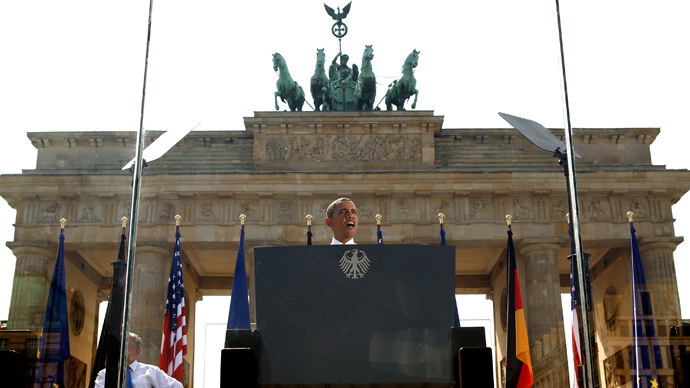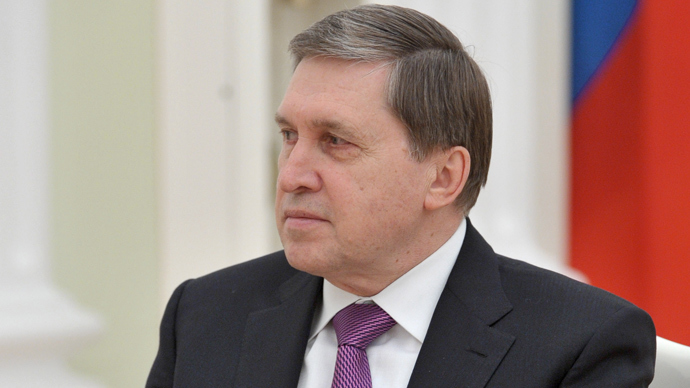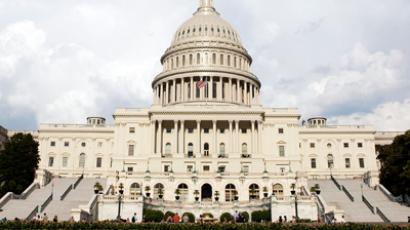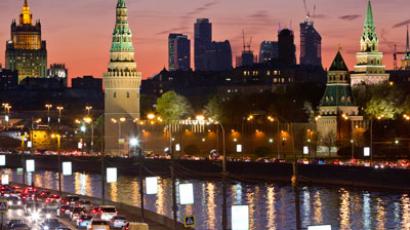Obama proposes new nuclear cuts, Moscow wants other countries to join

Russia supports US President’s call to reduce nuclear arsenals by a third, but Moscow insists it is not ready to decrease effectiveness of its nuclear forces. Moreover, Russia would like other nuclear countries included in the process.
Speaking in Berlin on Wednesday President Barack Obama said the
United States could reduce its nuclear weapons by a third and
still ensure the security of itself and its allies.
The president vowed to work with Russia to achieve these “bold
restrictions” both in strategic nuclear arms and in tactical
nuclear weapons in Europe. The US also intended to work with its
NATO allies on restrictions of tactical nuclear weapons in
Europe. The US has no particular plans on how to implement
Obama’s proposal, State Department spokeswoman Jen Psaki said at
the briefing with journalists.
However, Russia’s President Vladimir Putin response to Obama’s
intentions suggests the two sides might face disagreement over
this issue.
“We cannot afford to disrupt the balance of the system of
strategic deterrence, to reduce effectiveness of its nuclear
forces. Therefore, the development of the system of space defense
will remain a key direction for the military industry,” Putin
said.

The active Russia-US nuclear weapons treaty, the New START,
allows each side to possess a maximum of 1550 nuclear warheads
and 700 deployed carriers, such as missiles and bombers.
Putin reiterated Moscow's concerns about the anti-missile shields
the United States and NATO are deploying, and said the
development of high-precision non-nuclear weapons could upset the
strategic balance.
"These weapons are approaching the level of strategic nuclear
arms in terms of their strike capability. States possessing such
weapons strongly increase their offensive potential," Putin
said at a meeting on defense issues in the Russian city of St
Petersburg.
The current list of nations that possess nuclear weapons includes
the permanent members of the UN Security Council – Russia, United
States, United Kingdom, France and China – and also India,
Pakistan and recently North Korea. It is also believed that
Israel is a nuclear power, but Israeli authorities have never
confirmed or denied this fact, sticking to a “strategic
ambiguity” policy.

Separately shortly before Obama’s announcement in Berlin, a top
aide to the Russian President said that Russia was ready to
discuss the issue with the United States and with other nuclear
nations.
“Barack Obama has informed our president in general that the
Americans intend to suggest some steps to further reduce our
nuclear arsenals, after these steps are discussed in the US
administration. We heard this initial information and made
remarks that other countries that possess nuclear weapons must be
also included in the process of cutting the nuclear
potential,” presidential aide Yury Ushakov said at a press
conference in Moscow.
At the same time Russian Deputy Prime Minister and former NATO
envoy Dmitry Rogozin has criticized Obama’s intention as “not
serious”.
“How can we take seriously the thesis on reducing strategic
nuclear arsenals, if US is developing its capabilities,”
Rogozin said. "The language of negotiations and
diplomacy remains the most important resource" for Russia,
"and we won't accept oral guarantees that the American missile
defense won't be directed against Russia," he said.














